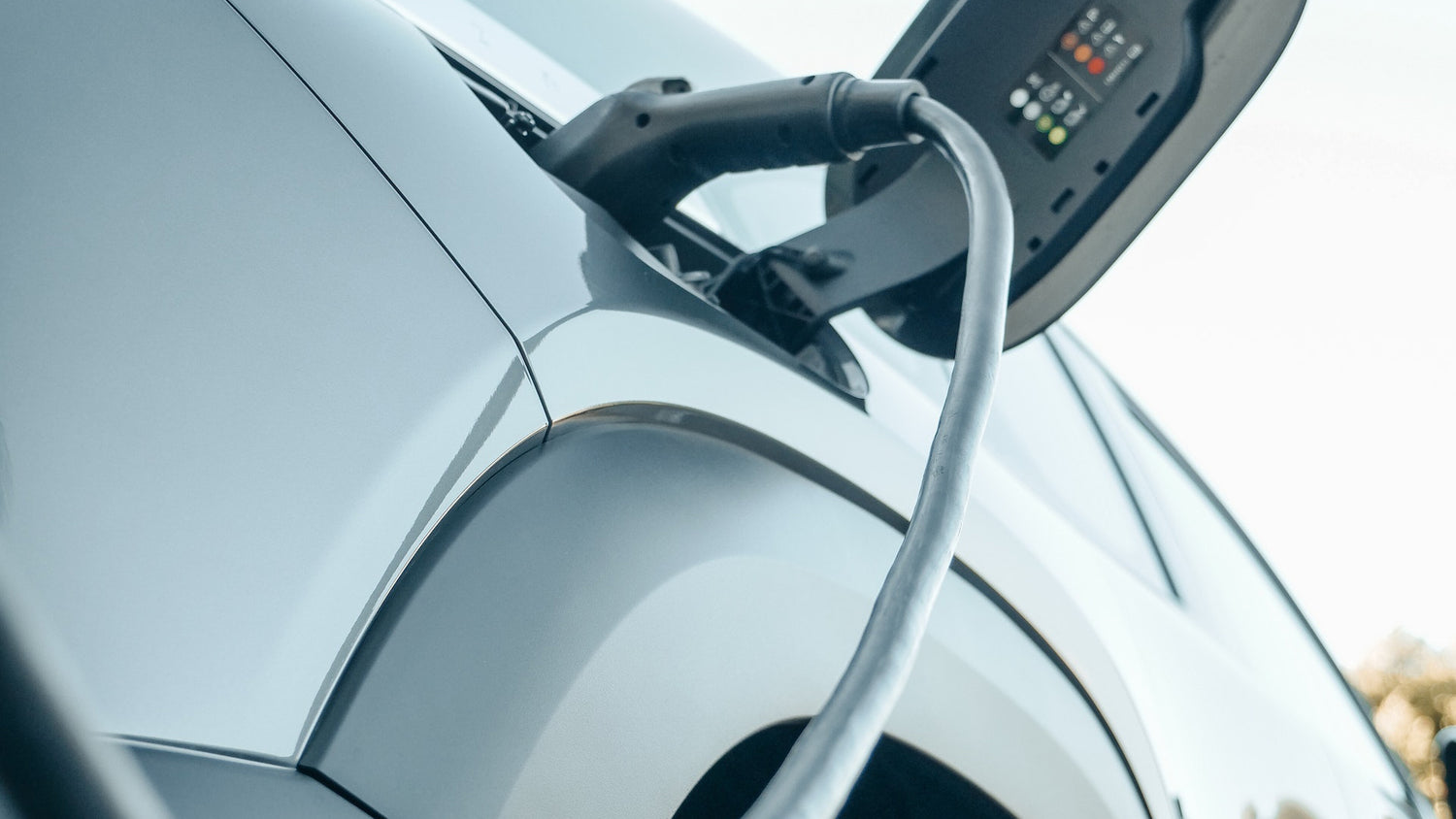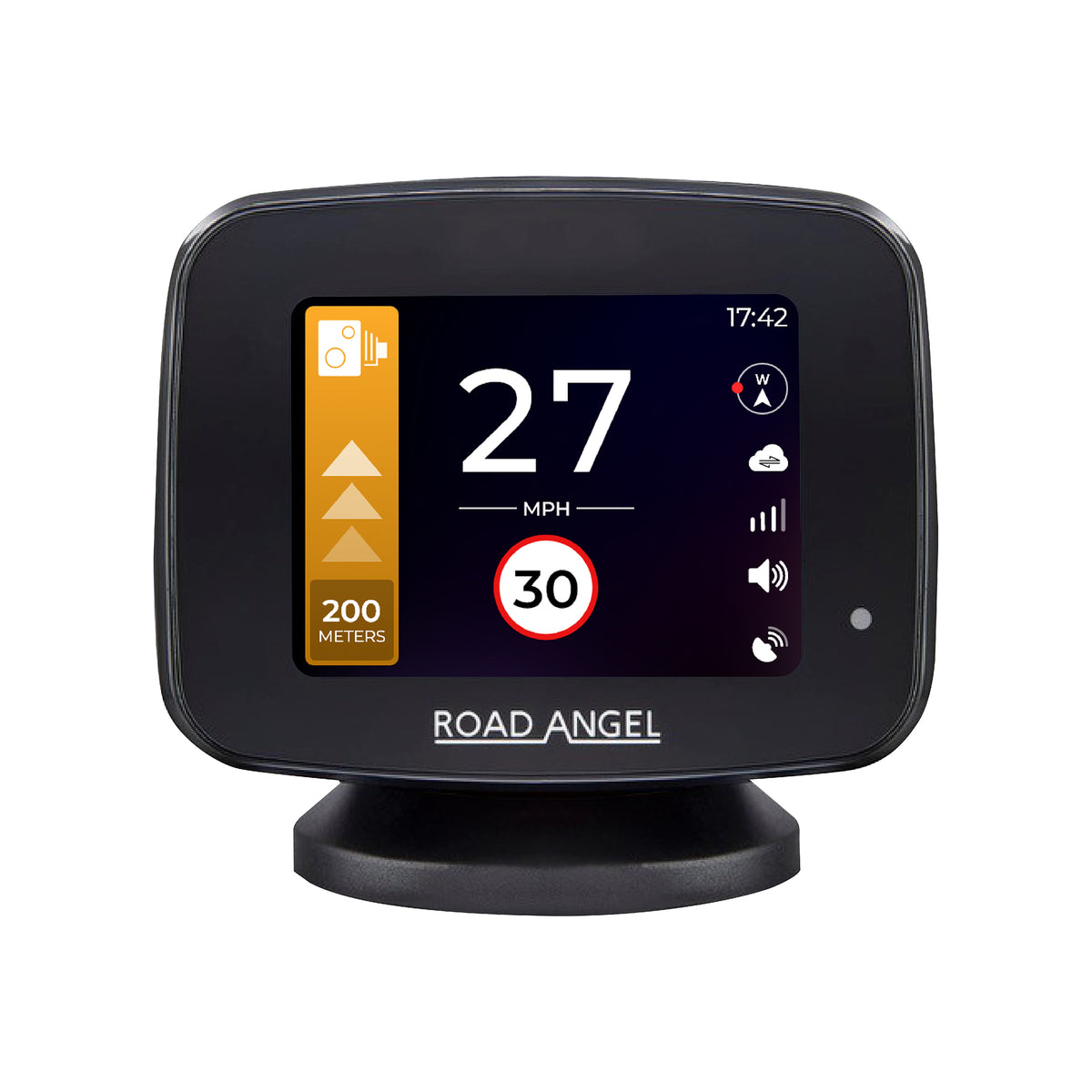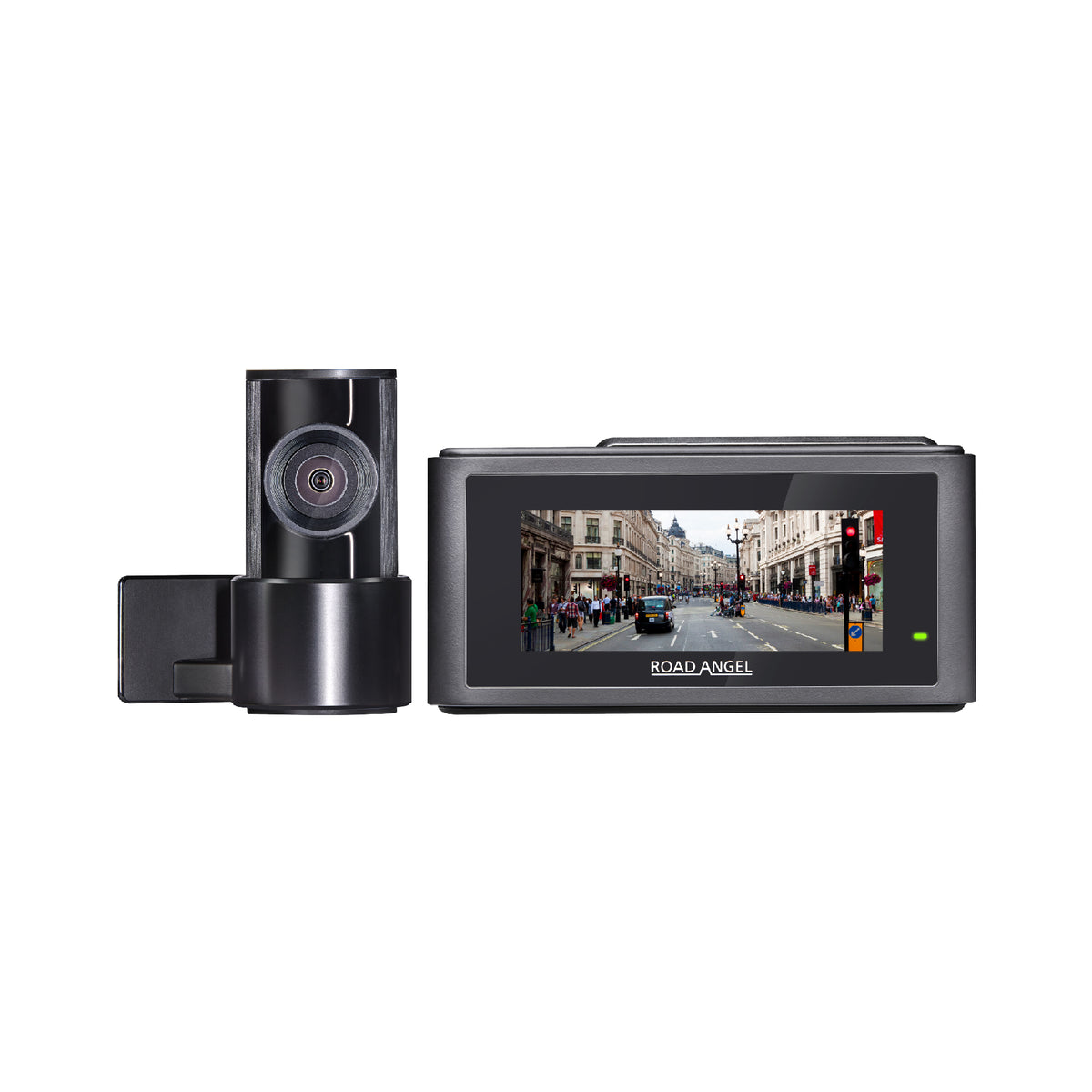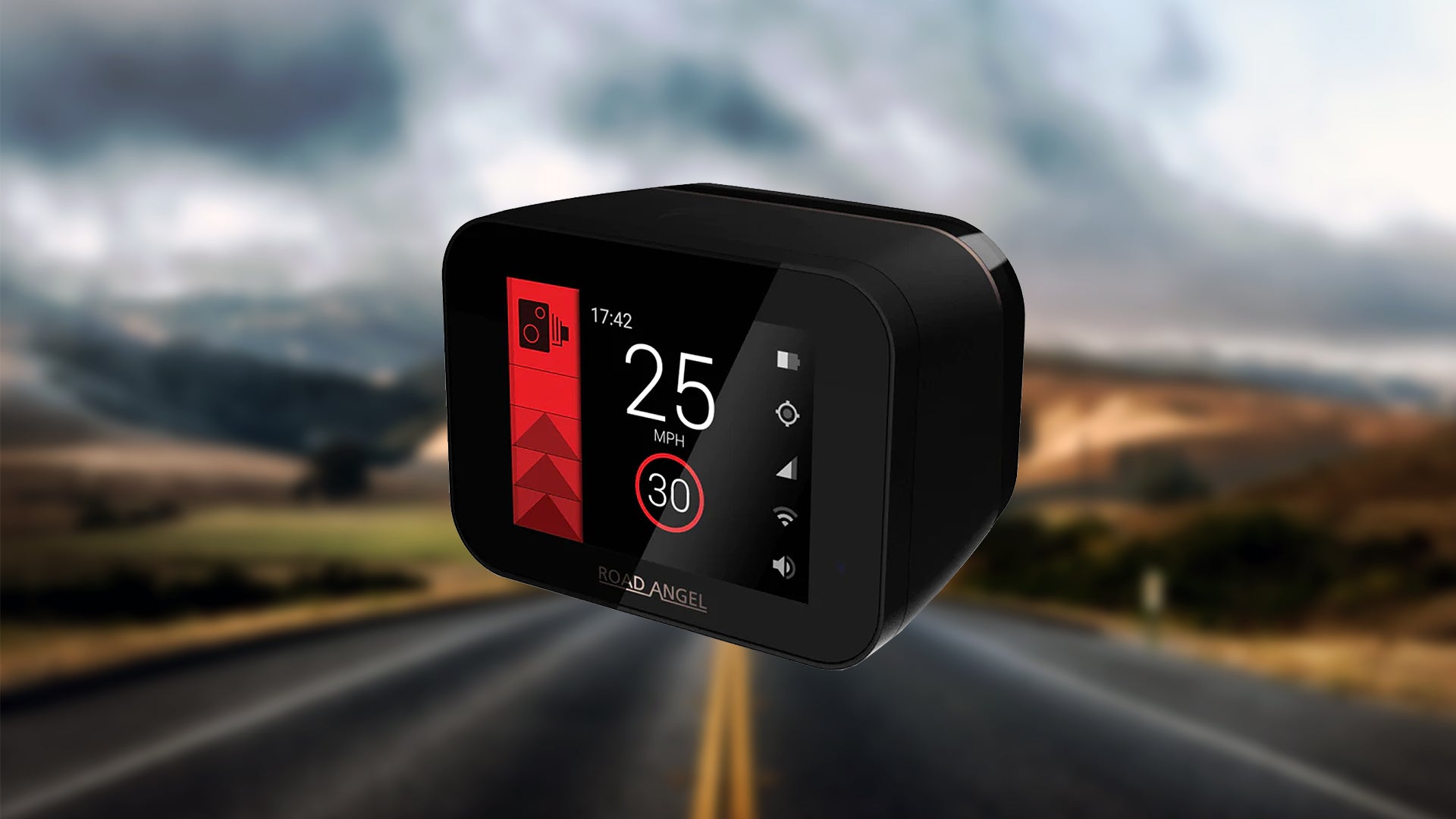So what is the future of electric cars? Electric Vehicles, or EVs, are all the rage right now, with car manufacturers finding new and innovative ways to introduce electric cars to the masses. Due to the technology still being relatively fresh and new, there are endless possibilities of features and advancements in the field.
Join us on our journey through the future of electric cars - crack out a cuppa and recharge with our trend predications.
Long-range Batteries
This is an emerging technology, and will be used for electric cars, lorries, boats and planes alike. Long-range batteries are currently being researched and developed by large EV companies. This new, innovative long range EV battery will have over 500 miles range in a car, and will comprise of a solid-state battery with can be fully recharged over 1,000 times - which would result in over 500,000 miles for the life of one battery.
Once all the kinks have been worked out with solid state batteries, we can expect EV manufacturers to phase out the typical Lithium-Ion, transition over to Lithium-Metal batteries, and then finally onto solid state batteries - so we're still several years away from 500,000 mile-lifetime EVs!
Built-in Dash Cams

As road safety is paramount to the future, with such introductions as smart motorways, we can expect to see dash cams will be built into new cars straight from the factory, as part of the electronics installation process. The only thing that stands in the way of this is privacy laws, as in some countries dash cams seen as a breach of privacy. A few examples of this are using dash cams in France can only be used to submit the footage to Police, whereas public-use of dash cam in Austria or Portugal are straight-up banned.
We can see the first vehicles that these are introduced onto form factory will be EVs. The reasoning behind this is that EVs test the limit of technology, so we can expect bigger and more extravagant advancements.
Either way, we think dash cams from factory are great and help road safety endlessly - some countries will change their policies eventually and allow the use of dash cams - in some capacity, and we hope so too!
Speed Camera Detectors & Speed Awareness Devices
Continuing our trend of road safety, we can see EVs being pre-fitted with speed camera detectors, or speed awareness devices as a minimum. If we're brutally honest, speed camera detectors are less likely to be fitted, but we can safely presume speed awareness devices, which notifies the driver if they're above the speed limit, will be fitted from factory as a method of road safety.
Again, with EVs being the testing ground for new technology, we can see these being implemented in the near future - where these devices are legal.
Digital Cockpits & Digital Dashes
A fully digital cockpit, integrating a digital dash for the driver, is definitely the future for EVs. With all of the required metrics and gauges that come with an EV, having a digital dash is the only way to present these. Digital cockpits also integrate an all-in-one infotainment system, which sits nicely with the digital dash, offering more connectivity and interactivity than ever.
Whilst most cars do come pre-fitted with a digital dash and a built-in infotainment centre, a lot of cars nowadays are missing this vital connectivity and interactivity. We can't wait for digital cockpits to be across the board - this is definitely one we're behind!
Wireless Car Charging

Wireless charging?
Great!
Wireless car charging?
Woah.
Wireless car charging, though, is more realistic than you think - with testing already commencing in South Korea, through Genesis.
Simply put, you drive your car onto the wireless charging plate, which then connects wirelessly to the EV's battery, which is typically located when the base of the engine would be, at the front.
One you have driven on, it locks the car in place, securely - and it's guaranteed to charge, with no chance for interruption from anyone meddling - as there's nothing to meddle with!
We love the idea of wireless car charging, as with the turbo-charged lifestyle we all live, you simply rock up, and head off - no faffing about with plugging your EV in and ensuring charging is happening.
Self-driving EVs
Self-driving technology has actually been around for a fair few years now, with Vision cars and some EVs adopting this method of driving. Whilst in some areas of the world it remaining illegal, in the USA self-driving cars are a massive trend, especially in the technology hubs of America.
Self-driving EVs are exactly what they say on the tin, self-driving electric vehicles. They literally drive themselves, using cameras, sensors and other safety features - but it's important that you remain in control of the vehicle whilst it drives itself.
We can expect to see more and more EVs adopting this self-driving technology in the future, as we move towards an autonomous eco system.
Fast Recharge
Some recent advancements are allowing a breakthrough for "fast recharging", or super charging. This is a technology where the way the EVs are charged will go from 0% to 80% charge within 10 minutes.
The technology gurus behind fast recharging are still testing and optimising this technology for the best results and best method for viability of this method, to maintain the gains against the cons, ranging across issues such as battery damage.
This technology will open the door wide to making EVs a viable option for everyone, including those who don't live near EV charge points and have to charge at home, or those do not have extended periods of time at these EV chargers.
EV Solar Panels

So, solar panels at the moment do not have the technology or framework available to produce enough electricity to solely power EVs, but we can see that in the future, portable solar panels, or solar panels built into the roof will allow for EVs to accumulate some kind of charge.
The issue behind solar panels is they require a lot of sunlight to charge, and the surface area of a vehicle isn't typically enough to house the electric fields. That being said, advancement in the solar panel industry could allow EVs to breakthrough with their own high-powered mini solar panels that can power EVs and store electric.
"Customisable" EVs
We don't mean some 21" alloys, or putting a wrap on your EV - we mean customising it's performance from the cockpit. Some EV users only require minimal amounts of power to travel around the UK, favouring range over performance - whereas some EV users prefer the sheer acceleration of an electric motor.
Either at a factory level, or within the digital dash, we think that all EVs going forward will have a highly customisable interface, ranking from lighting colour through to disabling certain features to conserve battery charge, and then allocating more or less power to suit your driving style.
Auto-hitching
So typically, diesels are the ultimate towing engine. High torque figures combined with fuel efficiency makes diesels the perfect towing vehicles. That was until the Government imposed a cut off point for diesel use - and rightfully so with the environmental implications diesels cause.
We can see EVs being tailored to be the perfect towing vehicles, with 4WD systems and the latest in propulsion mod cons helping. Not to mention an amazing features being created called auto-hitching, which - as it says on the tin - auto hitches a trailer or caravan.
"Apple CarPay"

Apple CarPay? Don't we mean Apple CarPlay?
Nope, we do not!
So, you've heard of Apple Pay, and Apple CarPlay, right? Well what if you could pay for things just by simply connecting to nearby devices wirelessly and using your in-car fingerprint or facial recognition to authenticate the purchase?
Whilst many security risks exist, it'd be the same concept as using your phone to pay through Google Pay or Apple Pay,













